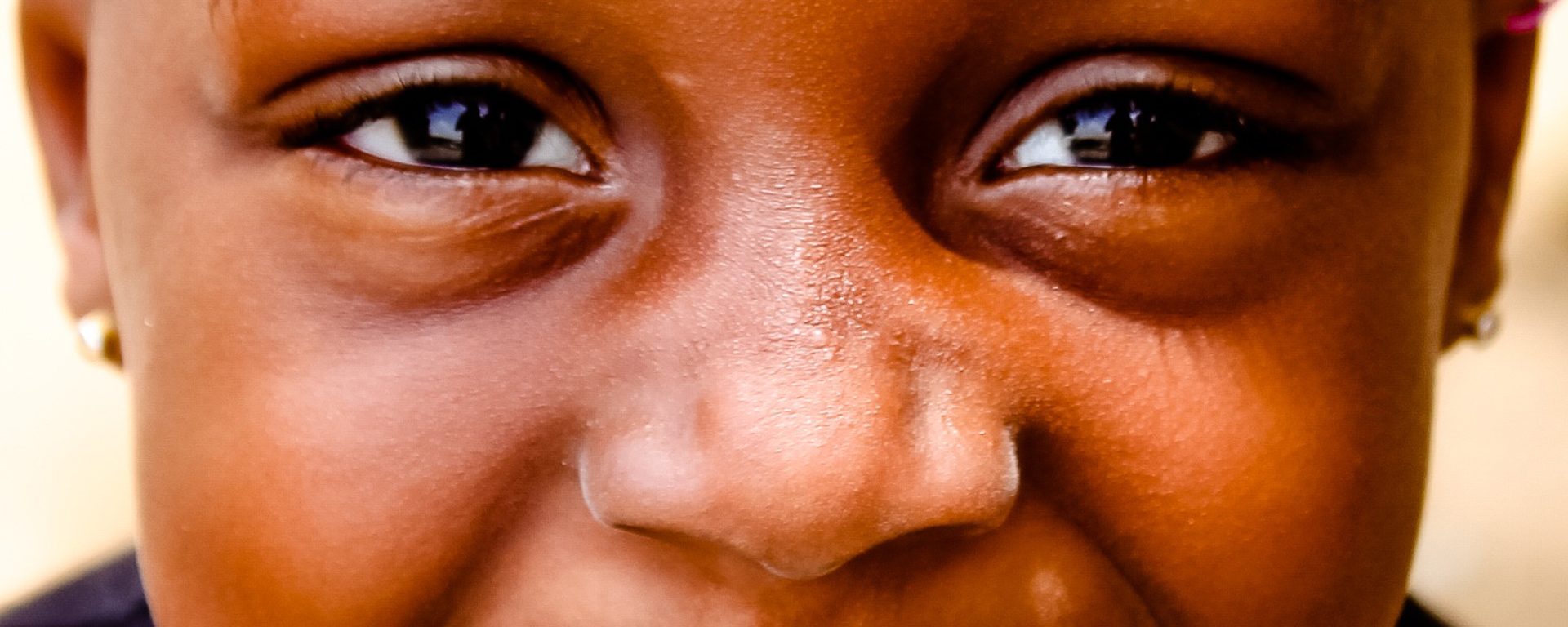If you love children, you may be thinking about pursuing a career in early childhood education. You may already know that young children’s brains are like little sponges. The first eight years of a child’s life are known as the formative years. During this time, there is more brain development happening than at any other period of life.
Parents are familiar with these developmental milestones. Pediatricians ask about them when their patients are just two months old. Why should teachers focus on early childhood development, too? Read on, as we break down the topic of early childhood development and how early childhood educators can play an important role.
What Exactly is Early Childhood Development?
Early childhood – these first eight years of life – is incredibly important for cognitive, social emotional, and physical development. During this time, a child’s developing brain is “highly plastic and responsive to change,” UNICEF explains, “as billions of integrated neural circuits are established through the interaction of genetics, environment and experience.”
Early childhood development (ECD) is a term used to describe the mental, emotional, physical, and social development of young children during their formative years. It has a direct effect on how the child will grow and the adult that the child will become.
For optimal early childhood and brain development, resources state that a “stimulating environment” is necessary. This is where early childhood education (ECE) comes into play.
Why is Early Childhood Development Such an Important Role?
Thanks to more households having two working parents, more young children today attend preschool than they did decades ago. In fact, according to Health Affairs, most children in the U.S. attend early care and education (think, preschool or daycare centers) before starting kindergarten. And a growing body of research shows that early childhood education and care may produce improvements in both short and long-term health-related outcomes for kids. They are able to interact with other children, develop social skills, motor skills, and experience different environments, in an early education setting.
Once the outbreak of COVID-19 hit the country, many parents started expressing concern for their children who were sent home from preschool. Parents were concerned about their children missing the social interaction that was so very important to their development. While this is a valid concern, social interaction is just one small area of learning. The Centers for Disease Control and Prevention (CDC) breaks down the key areas of early childhood development as the following:
- Social and emotional
- Language/communication
- Cognitive (learning, thinking, problem-solving)
- Movement/physical development
The CDC also says that significant delays in development may indicate a medical or psychological condition. Catching any red flags can help parents and caregivers get much-needed support for their child and a better understanding of how they can adjust to their individual needs.
Every child learns differently. But if a child is experiencing a developmental delay, there are many early intervention programs that can help. These therapies and interventions can be much more effective early on in a child’s life, when the brain is most adaptable.
A well-trained, attentive, and caring early childhood development professional can help spot any delays that a child may have. They can also help harness the child’s talents, boost their confidence, and give them additional tools to grow. The key areas of childhood education, as listed by the CDC, can blossom with the right early childhood education program and, perhaps more importantly, the right teacher.
Finding the Right Program for Your Career
If you are interested in helping shape and grow young children’s developmental skills, you may be meant for the role of early childhood educator. It is a privilege to care for and educate young children. Parents and caregivers are entrusting you with their most precious gift. And with your help, your young students may be inspired to continue their education with a true joy for learning.
Before you set out to begin your fun, challenging, and very rewarding career, you will want to find the right school to earn your degree. This is the foundation for your role as an educator. A career-focused program, like the Early Childhood Education associate degree program at Goodwin University, combines both classroom and hands-on learning. At Goodwin, students gain experience and knowledge of how to work with children and their families in a variety of settings, based on child development and age-appropriate practice.
The associate program at Goodwin focuses on early childhood development right within the curriculum. Some of our early childhood and development courses include:
- Child Development
- The Exceptional Child and Learner
- Observation and Assessment in the Early Childhood Classroom
- Social and Emotional Development in Young Children
- Early Language and Literacy Development
Our bachelor’s degree in Child Study delves even further into these topics, with advanced child development classes and an internship.
After completing either program, you will have the necessary skills and know-how to become a great early childhood educator. Just think: You will soon be making a difference in the world – influencing little learners of your classroom, and helping them develop into kind and conscientious adults.
Learn more about the Early Childhood Education program at Goodwin University by calling 800-889-3282, or visit us online to request more information.
Goodwin University is a nonprofit institution of higher education and is accredited by the New England Commission of Higher Education (NECHE), formerly known as the New England Association of Schools and Colleges (NEASC). Goodwin University was founded in 1999, with the goal of serving a diverse student population with career-focused degree programs that lead to strong employment outcomes.

